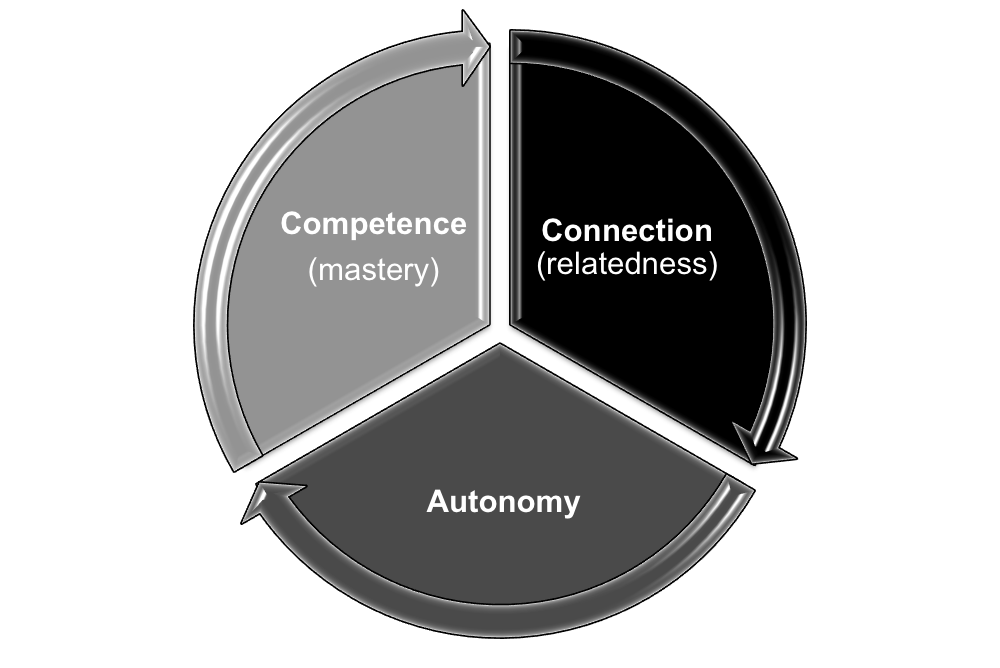In addition to empirical evidence, several theories point in the direction that people are motivated by different factors rather than just the desire for money or advancement. Frederick Herzberg was a clinical psychologist and the first to show that satisfaction and dissatisfaction at work is caused by two different factors; Hygiene factors and True motivators. He believed that hygiene factors explain why we become de-motivated or dissatisfied by something, whereas the true motivators explain why we become motivated or satisfied by something.
According to Hertzberg the hygiene factors, which cause dissatisfaction if they are not met, relate to aspects that define the job context such as salary, job security, work conditions, status and the relationship with supervisors and colleagues. The true motivators, on the other hand, relate to aspects that are directly involved in doing the job such as; professional development, responsibility, creativity, achievement, advancement, recognition and the work itself. These aspects represent a far deeper level of meaning and fulfillment. Herzberg's research proved that people are not truly motivated by the hygiene factors, but only by the true motivators. We only strive to achieve the hygiene factors because we are unhappy without them; but once satisfied the effect soon wears off. Many people are still under the impression that money is a primary motivator; but rather than motivate us, money has the power to de-motivate us if it is below par. There is a big difference. Although money is important, we need more to be truly fulfilled at work.
According to SDT, people are intrinsically motivated, and become self-determined, when they experience a high degree of competence, connection and autonomy. Competence reflects the need to gain mastery of tasks and learn different skills. Connection (or relatedness) is about feeling a sense of belonging and attachment to other people, and autonomy is about being in control of our own behaviors and goals. When these needs are thwarted, people’s performance and wellbeing suffer as a result.
According to Deci, giving people extrinsic rewards (such as money, prizes, and acclaim) for already intrinsically motivated behavior can undermine performance. The reason is that the behavior starts to become controlled by an external reward, meaning that people begin to feel less ownership and control of their actions. Deci also suggests that offering unexpected positive encouragement and feedback on a person's performance can increase the level of intrinsic motivation. Why? Because feedback helps people to feel more competent, which is one of the key needs for personal growth.
Reflection: How good are you at catering for people’s emotional needs?
Take a moment to consider how good you are at identifying and helping fulfill each of your team member’s personal needs. This is not about bending over backwards and giving in to everyone’s desires, but about understanding people’s deeply rooted emotional drivers and removing the concerns which otherwise will prevent them from fully performing within the team.
- How often do you engage people in one on one conversation and enquire about what they like the most and the least about their job?
- In which ways do you help create a great team spirit which people can be part of?
- How do you help people grow, acquire new skills and utilize existing talents?
- In which ways do you support people in working autonomously?
This post is an extract from my book "The Power of Project Leadership". To learn more about how you can create a high performing team, purchase it directly from Amazon or any other leading bookstore. |
10 Tips for Handling Conflict
Creating a Highly Motivated Team
Overcoming Resistance to Change
The Most Common Communication Mistakes Project Managers Make










 RSS Feed
RSS Feed